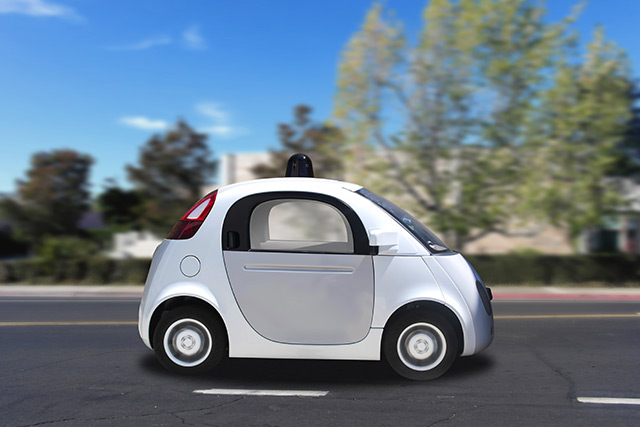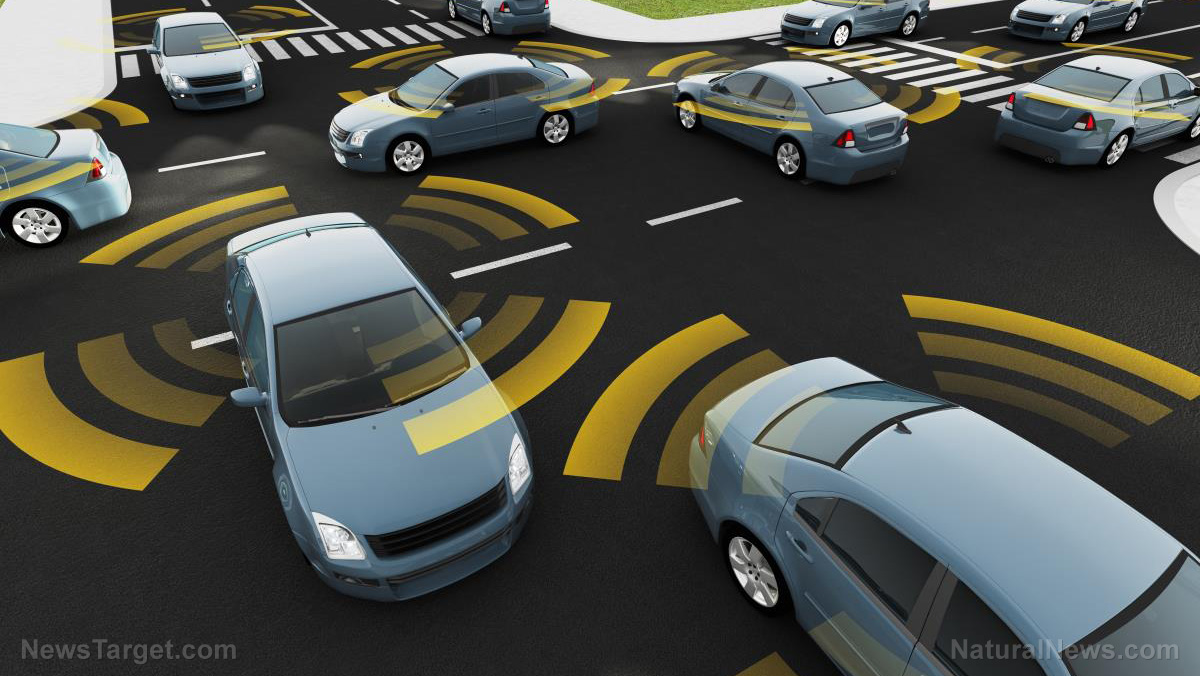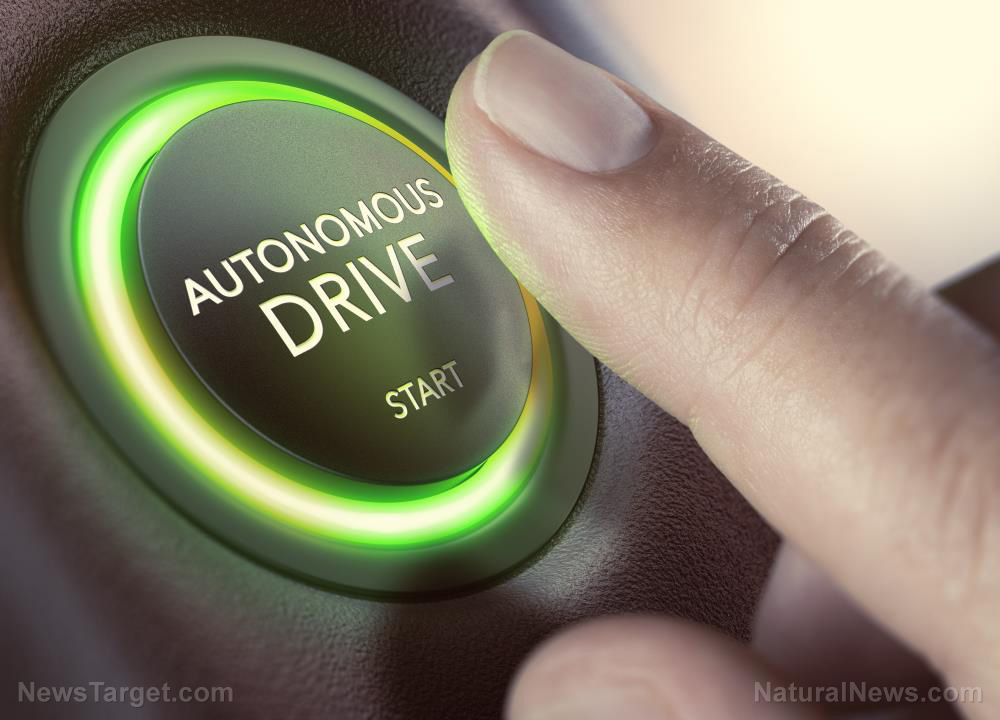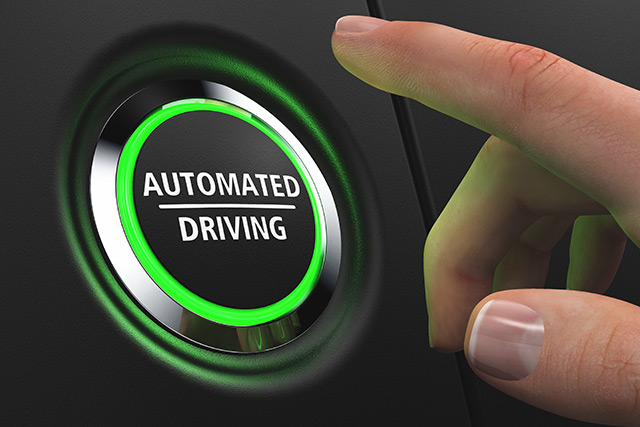
While the technology advancements of today are awe-inspiring, experts say autonomous vehicles could be the end of individual car ownership. For nearly a century, cars and other automobiles have privileged humans with the ability to travel with ease. This seemingly small slip in personal independence could ultimately lead to a huge cost in freedom.
Self-driving delivery cars coming soon
For Nuro, bringing autonomous vehicles to the service industry is one of their primary goals. Whether it's delivering groceries, dry cleaning or even returning a lost item, Nuro is intent on revolutionizing the delivery of goods as we know it. Co-founder and President Dave Ferguson told Tech Crunch that getting into the grocery circle was "most exciting" for him. The pilot program will give Nuro the opportunity to see how precise their delivery time estimates are and how people react to the self-driving cars.
"With the pilot, we’re excited about getting more experience interacting with real customers and understanding exactly what they want,” Ferguson explained.
“The things they love about it, the things they don’t love as much. As an organization for us it’s also very valuable for us to have to exercise our operational muscle," he continued.
Though the pilot will only take place in one marketplace, Kroger has 2,800 stores nation-wide -- a substantial opportunity for Nuro to expand. Around 75 percent of Kroger stores already offer same-day grocery delivery, but the other 25 percent are still up for grabs. Technology like this is very exciting, but there are also a growing number of concerns about how automation will effect humans long-term.
Are autonomous vehicles an automatic disaster for freedom?
The experts at RethinkX, an independent research group in California, say that individual car ownership could be on its last legs by the year 2030 -- if it doesn't disappear completely. While it's hard to imagine that owning and driving your own car could be a thing of the past so soon, recall that VHS tapes didn't stick around very long after DVDs became available. The evolution of one technology seems to give way to the extinction of another.
According to the researchers, by the year 2030, 95 percent of the miles driven in the U.S. will be by way of autonomic vehicles, owned by fleets instead of single persons. The report estimates that self-driving cars will be ten times cheaper than an individually owned car, making car ownership economically unsound for most people.
According to their research, American roads will see the number of passenger cars drop from 247 million in 2020 to just 44 million by 2030.
Report co-author Tony Seba commented, "We are on the cusp of one of the fastest, deepest, most consequential disruptions of transportation in history."
For some populations, like the elderly and the infirmed, self-driving cars may bring a renewed sense of freedom. But for others, self-driving cars are a sign that we may soon lose many freedoms. As sources note, as the safety of autonomic cars improves, insurance rates for human-driven cars will skyrocket. People won't be choosing not to drive, they'll be financially forced into dependence. Decades from now, people might not even know how to get home from work, without a self-driving car to get them there.
Driving gives people a sense of freedom and power: You can go anywhere you want. With self-driving cars, that sense of autonomy will be stripped away. What will be taken next?
See more coverage of stories about how new technologies will change life as we know it at Glitch.news.
Sources for this article include:
Please contact us for more information.






















